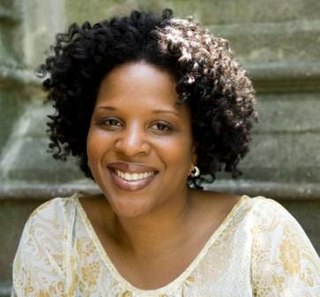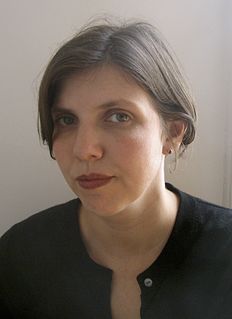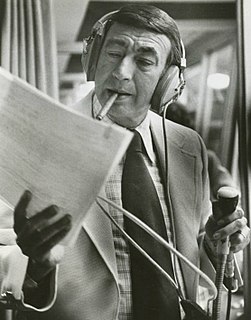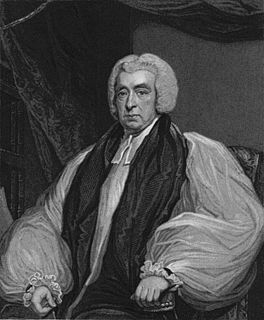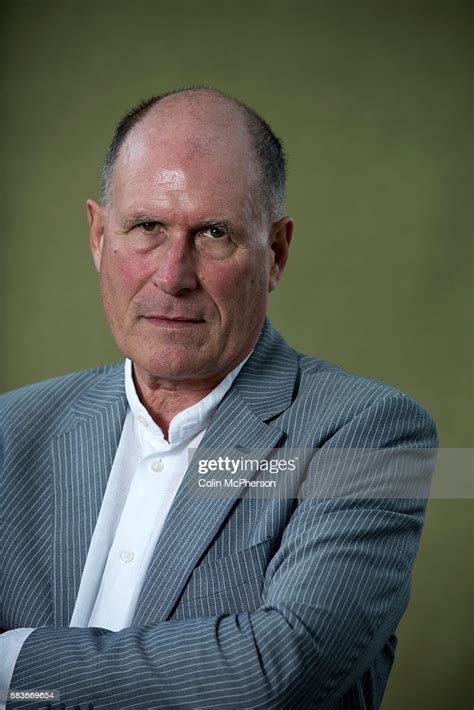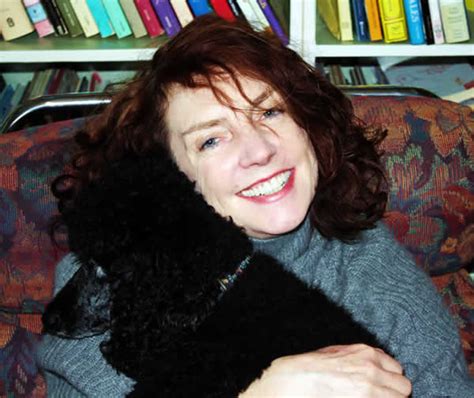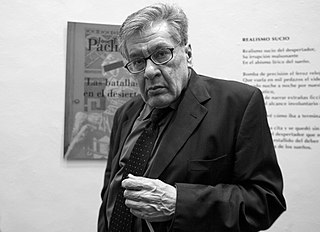Top 1200 Kill A Mockingbird Novel Quotes & Sayings - Page 2
Explore popular Kill A Mockingbird Novel quotes.
Last updated on April 20, 2025.
I would like to say boxing cannot compared with war. We have gloves on, we have cushions, we have referees, we have judges, we have ambulances there, the intention not to kill, we don't have steel there, we don't have bullets, we don't kill momma, kill daddy, kill baby, our intention is a sport, and we're not there to kill, so boxing cannot be compared in no way with machineguns and bombs and everything that used.
When I was young, I was really, really obsessed with Gena Rowlands and John Cassavetes. Because my mom was a projectionist in college, she was somehow able to get a real projector. And she had some connections, so she would get real prints, and we'd put up a sheet. The first movies I saw were To Kill a Mockingbird [1962], Gigi [1958], A Woman Under the Influence [1974]. Then when I was old enough to be able to rent movies, I went through a very big Cassavetes phase.
But to be perfectly frank, this childish idea that the author of a novel has some special insight into the characters in the novel ... it's ridiculous. That novel was composed of scratches on a page, dear. The characters inhabiting it have no life outside of those scratches. What happened to them? They all ceased to exist the moment the novel ended.
The point is, that the function of the novel seems to be changing; it has become an outpost of journalism; we read novels for information about areas of life we don't know - Nigeria, South Africa, the American army, a coal-mining village, coteries in Chelsea, etc. We read to find out what is going on. One novel in five hundred or a thousand has the quality a novel should have to make it a novel - the quality of philosophy.
The more readings a novel has, even contradictory, the better. In journalism, you talk about what you know; you have provided yourself with records, you have gathered information, you have performed interviews. In a novel, you talk about what you don't know, because the novel comes from the unconscious. They are very different relationships with words and with the world. In journalism, you talk about trees; in the novel, you try to talk about the forest.
A mockingbird has moved into our neighborhood. It perches atop a telephone pole behind our backyard. Every morning it is the first thing I hear. It is impossible to be unhappy when listening to a mockingbird. So stuffed with songs it is, it can't seem to make up it's mind which to sing first, so it sings them all, a dozen different songs at once, in a dozen different voices. On and on it sings without a pause, so peppy, even frantic, as if its voice alone is keeping the world awake.
The copies of The Catcher In The Rye or To Kill A Mockingbird that I own look like they were printed yesterday, and there's not a nick, not a blur, there's not any fading on the jacket at all, because they were taken and protected. A limited edition, by nature, is limited, and also probably more protected because of that. I'd rather have a first trade edition than a special one of 25 that was made years later, even if it's signed by the author. The trade edition is the Holy Grail.
O. J. has an uncanny instinct for sensing when to make the move, when to makethe cut. He can kill you with a headfake, he can kill you with the swiftness of his legsand the ability to be in a direction at any single second. He also kills you with hisvariation of speed... (on some of the ways O. J. Simpson can kill)
It's very bad to write a novel by act of will. I can do a book of nonfiction work that way - just sign the contract and do the book because, provided the topic has some meaning for me, I know I can do it. But a novel is different. A novel is more like falling in love. You don't say, 'I'm going to fall in love next Tuesday, I'm going to begin my novel.' The novel has to come to you. It has to feel just like love.
You can't have a novel without real, believable people, and once you get into either too theoretical a novel or too philosophical a novel, you get into the dangers that the French novel has discovered in the past 50 or 60 years. And you get into a sort of aridity. No, you have to have real, identifiable people to whom the reader reacts in a way as if they were real people.
Madly, futilely, I wrote novel after novel, eight in all, that failed to find a publisher. I persisted because for me the novel was the supreme literary form: not just one among many, not a relic of the past, but the way we communicate to one another the subtlest truths about this business of living.
Madly, futilely, I wrote novel after novel, eight in all, that failed to find a publisher. I persisted because for me the novel was the supreme literary form - not just one among many, not a relic of the past, but the way we communicate to one another the subtlest truths about this business of living.
I remember when my daddy gave me that gun. He told me that I should never point it at anything in the house; and that he'd rather I'd shoot at tin cans in the backyard. But he said that sooner or later he supposed the temptation to go after birds would be too much, and that I could shoot all the blue jays I wanted - if I could hit 'em; but to remember it was a sin to kill a mockingbird.
A guy's calling to say he's failing algebra II. Just as a point of practice, I say, Kill yourself. A woman calls and says her kids won't behave. Without missing a beat, I tell her, Kill yourself. A man calls to say his car won't start. Kill yourself. A woman calls to ask what time the late movie starts. Kill yourself. She asks, "Isn't this 555-1327? Is this the Moorehouse CinePlex? I say, Kill yourself. Kill yourself. Kill yourself.




